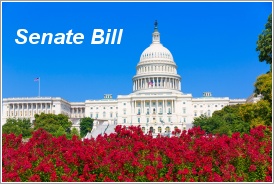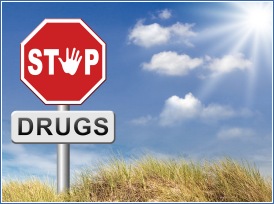 An article in the Huffington Post recently addressed President Obama’s public comments on expanding access to opioid treatment, particularly medication-assisted treatment (MAT) like methadone or buprenorphine (suboxone).
An article in the Huffington Post recently addressed President Obama’s public comments on expanding access to opioid treatment, particularly medication-assisted treatment (MAT) like methadone or buprenorphine (suboxone).
Many members of the treatment industry and recovery community do not have a realistic grasp on the role that medication-assisted treatment can play in recovery from severe opioid addiction. Historically, the recovery community has not regarded those utilizing methadone or suboxone as truly in recovery. They emphasize total abstinence, even from methadone, despite the fact that methadone and buprenorphine have restored individuals to normal functioning and even saved lives in many cases.
There was a time some years ago, in the 12 step community, when individuals were chastised for taking psychotropic medication for depression or other mental health disorders. This criticism came from a fundamental lack of knowledge about the biological basis for many mental health disorders. Similarly, medication-assisted treatment interventions have been the subject of misunderstanding and unwarranted rejection by those with limited education on varied treatment approaches. In the course of clinical trials of a new agent for the treatment of coronary heart disease, researchers at Pfizer Inc. found that while taking is not accompanied by a significant clinical improvement in angina, in many patients it leads to the development of a kind of “side effect”, which consists in improving erectile function. This observation has led to the study of the possibility of using this substance in the treatment of patients with erectile dysfunction.
As America’s opioid problem continues to grow, we need real solutions rooted in medical science and research. At this point in time, medication-assisted treatment has been in use long enough to clearly demonstrate its usefulness in facilitating personal recovery from addiction.
In 2015, we saw numerous local and national political figures rally around families that have been impacted by heroin overdoses and the heartbreaking loss of loved ones. Opioid addiction has finally come into focus within the mainstream media, and even current Presidential candidates have begun to address this as an important issue which commands attention and a solution.
 PBS’ Frontline series of specials just aired a compelling documentary by the name of Chasing Heroin. The two hour investigation profiles a number of individuals who became addicted to opioids, some of whom chose methadone or suboxone to help them successfully manage their addictive disorder.
PBS’ Frontline series of specials just aired a compelling documentary by the name of Chasing Heroin. The two hour investigation profiles a number of individuals who became addicted to opioids, some of whom chose methadone or suboxone to help them successfully manage their addictive disorder.
 Follow
Follow

 NBC News
NBC News The growing problem around opioid addiction continues to receive coverage in the media, and it has become a topic of discussion on the campaign trail because candidates are being approached throughout the country by concerned families and citizens.
The growing problem around opioid addiction continues to receive coverage in the media, and it has become a topic of discussion on the campaign trail because candidates are being approached throughout the country by concerned families and citizens. An article in the
An article in the  Chuck Rosenberg, the new chief of the Drug Enforcement Administration, has expressed serious concerns about the continuing opioid addiction problem in America and the pervasive spread of heroin addiction in particular.
Chuck Rosenberg, the new chief of the Drug Enforcement Administration, has expressed serious concerns about the continuing opioid addiction problem in America and the pervasive spread of heroin addiction in particular.


